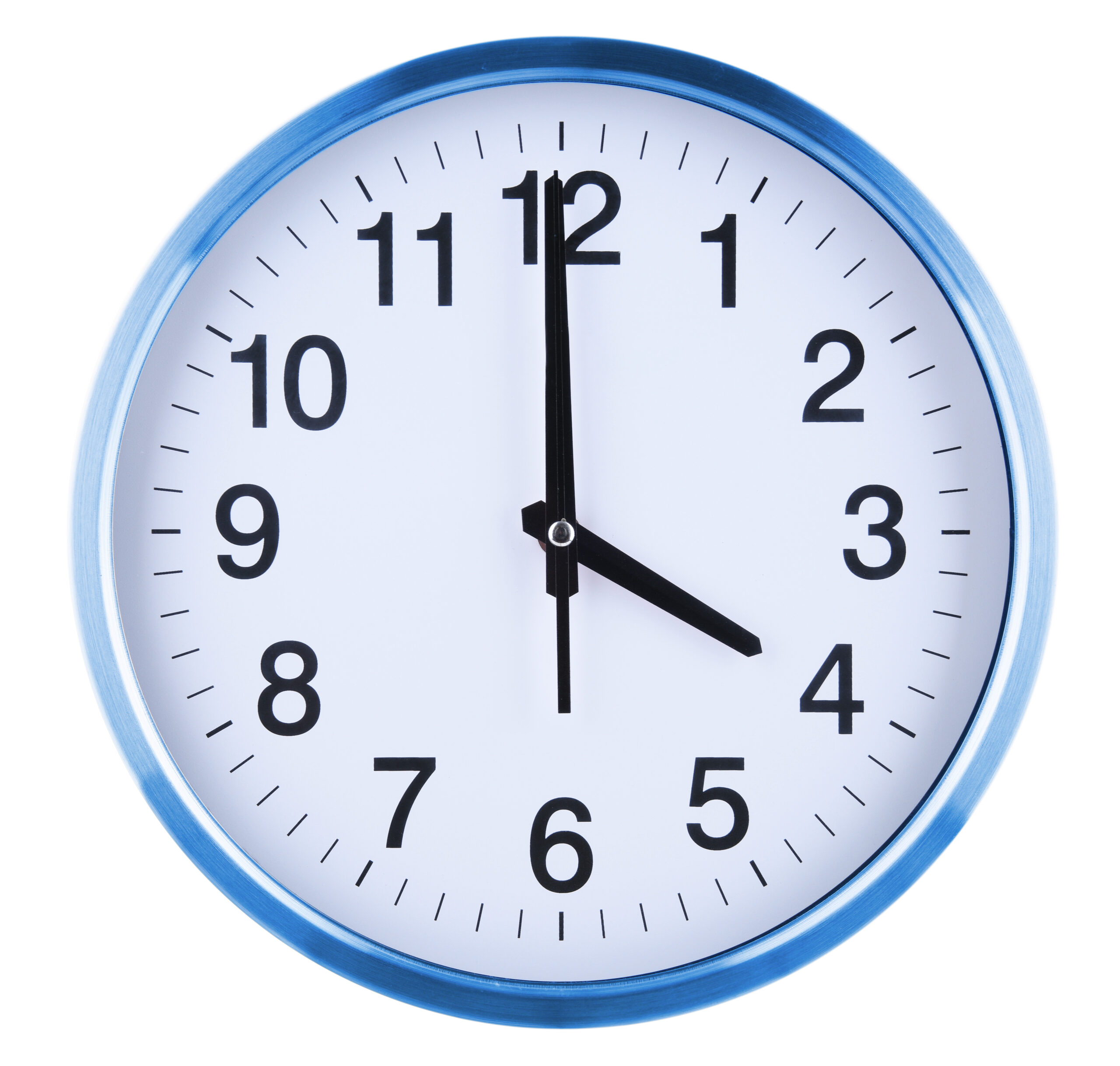Beat Menopause Fatigue: 10 Energy-Boosting Strategies That Work
Menopause fatigue is a common challenge many women face during the transition into midlife. It’s more than just feeling tired; it can feel like a deep, constant exhaustion that affects both your body and mind. This kind of fatigue often comes with symptoms like brain fog, difficulty concentrating, emotional sensitivity, and an overall lack of energy that doesn’t seem to go away with rest.
The main cause behind this fatigue is the fluctuating hormone levels—especially estrogen and progesterone—that occur during perimenopause and menopause. These hormonal changes affect your metabolism, mood, sleep quality, and even how well your body absorbs nutrients. On top of that, life’s usual stresses—work pressures, family responsibilities—can make the exhaustion feel even heavier.
If you’re looking for ways to boost your energy during this time, here are 10 strategies that really work:
**1. Prioritize Quality Sleep**
Sleep disturbances are common in menopause due to night sweats or anxiety. Creating a calming bedtime routine and keeping a cool bedroom can help improve sleep quality.
**2. Stay Active**
Regular physical activity might sound tiring at first but moving your body boosts circulation and energy levels over time. Even gentle exercises like walking or yoga can make a difference.
**3. Eat Balanced Meals**
Focus on nutrient-rich foods including plenty of fruits, vegetables, whole grains, lean proteins, and healthy fats to support steady energy throughout the day.
**4. Manage Stress Mindfully**
Stress drains energy quickly; practices such as meditation or deep breathing exercises can calm your mind and reduce feelings of burnout.
**5. Hydrate Well**
Dehydration worsens fatigue so drinking enough water daily keeps you alert and helps bodily functions run smoothly.
**6. Consider Targeted Vitamins & Supplements**
Certain vitamins like B-complex (especially B12), vitamin D, magnesium,and iron may be low during menopause due to changes in absorption or diet—and supplementing them under guidance can restore vitality at the cellular level.
**7. Limit Caffeine & Alcohol Intake**
While caffeine might give short bursts of alertness it often leads to crashes later on; alcohol disrupts sleep patterns making fatigue worse overall.
**8. Break Up Your Day With Rest Periods**
Short breaks between tasks prevent mental overload which contributes heavily to feeling drained by afternoon or evening hours.
**9 .Stay Connected Socially**
Engaging with friends or loved ones lifts mood which indirectly boosts motivation & reduces feelings associated with tiredness
**10 .Seek Medical Advice When Needed**
If fatigue feels overwhelming despite lifestyle changes—or if accompanied by other symptoms—it’s wise to consult healthcare providers who specialize in menopause for personalized treatment options including hormone therapy if appropriate.
These approaches tackle menopause-related tiredness from multiple angles: improving sleep quality; supporting nutrition; managing stress effectively; encouraging movement—all helping you reclaim more consistent energy day-to-day without relying solely on quick fixes or stimulants.
Fatigue linked with menopause isn’t something you have to accept as inevitable — there are practical steps that empower you toward feeling more vibrant again through this natural phase of life change!





